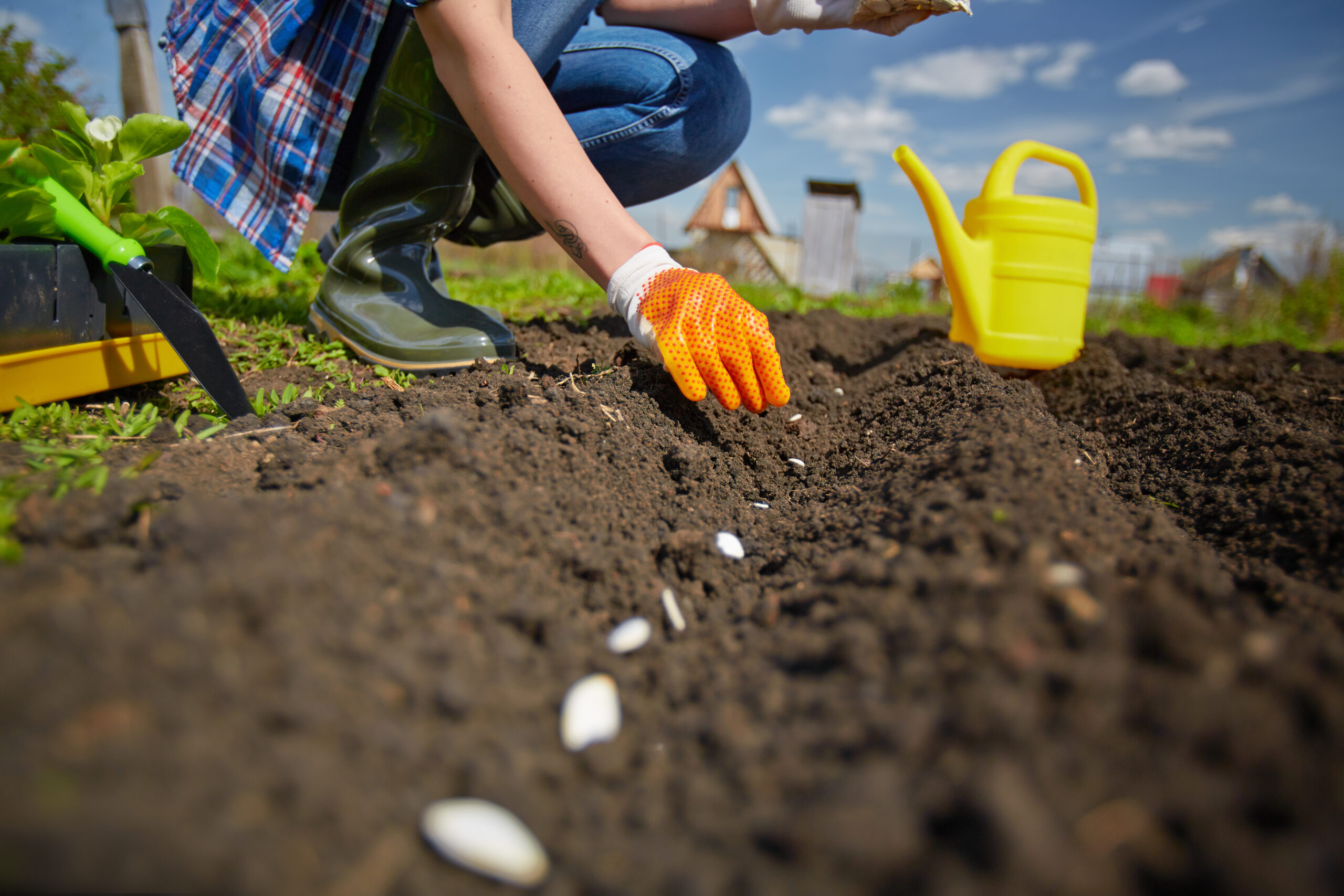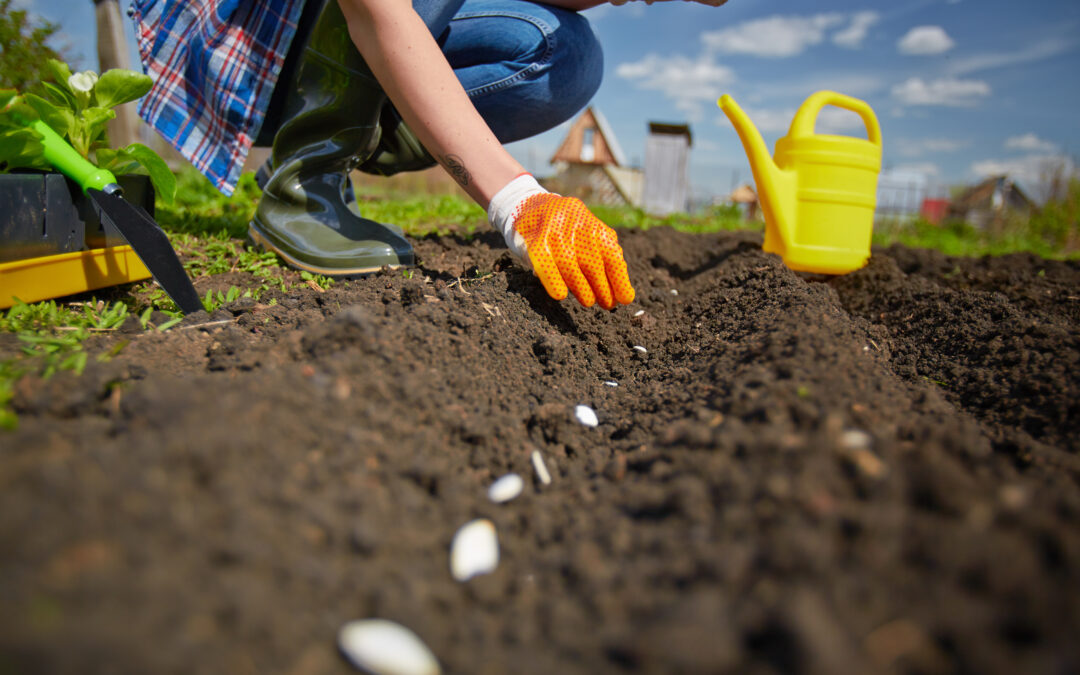Welcome to the world of organic gardening! Whether you’re a seasoned gardener or just starting out, growing your own produce is an incredibly rewarding experience. In this guide, we will cover everything you need to know about how to start your own organic garden. Let’s get started!
Introduction to Organic Gardening:
Organic gardening is all about using natural methods to grow healthy plants and vegetables without relying on synthetic chemicals. Instead, you’ll use compost, natural fertilizers, and other sustainable practices to keep your garden thriving. By choosing organic gardening, you can reduce your environmental impact while also enjoying fresh, delicious produce that is free from pesticides and other harmful chemicals.
Choosing the Right Location and Soil for Your Garden:
When it comes to selecting the perfect location for your organic garden, there are several factors to consider. First, choose a spot in your yard that receives plenty of sunlight throughout the day. If possible, avoid areas with heavy shade or wind exposure. Next, assess the quality of your soil. Ideally, you want well-draining soil that is rich in nutrients. If your soil is poor, consider adding compost or other amendments to improve its quality.
Selecting the Best Seeds and Plants:
Once you have selected the right location and prepared your soil, it’s time to choose the best seeds and plants for your organic garden. Start by researching which varieties perform well in your area and suit your culinary needs. Look for heirloom or open-pollinated seed varieties, as these are often more resilient and better adapted to local conditions. When selecting plants, opt for those that are certified organic or grown without synthetic chemicals.
Understanding Pests, Diseases, and Fertilizers:
Even in an organic garden, you may encounter pests, diseases, and other challenges. Rather than reaching for chemical solutions, try using natural remedies such as companion planting, crop rotation, and handpicking. You can also attract beneficial insects like ladybugs and lacewings to help control pest populations. As for fertilizer, focus on building healthy soil through compost and other organic matter rather than relying on synthetic products.
Maintaining Your Organic Garden Throughout the Year:
To keep your organic garden thriving, you’ll need to stay vigilant throughout the year. This includes regular watering, weeding, and pruning, as well as monitoring for pests and diseases. Make sure to harvest your crops at their peak ripeness to enjoy maximum flavor and nutrition. You can also extend the life of your produce by preserving it through techniques like canning, freezing, or drying.
Harvesting and Preserving Your Homegrown Produce:
There’s nothing quite like the taste of homegrown produce, so make sure to savor every bite! Harvest your crops when they are ripe and ready to eat, taking care not to overharvest and deplete your soil. To preserve your excess produce, consider canning, freezing, or drying techniques. Canning is great for fruits and tomatoes, while freezing works well for leafy greens and herbs. Drying is ideal for preserving beans, peas, and other legumes. With a little effort and attention, you can enjoy the benefits of organic gardening all year long.




